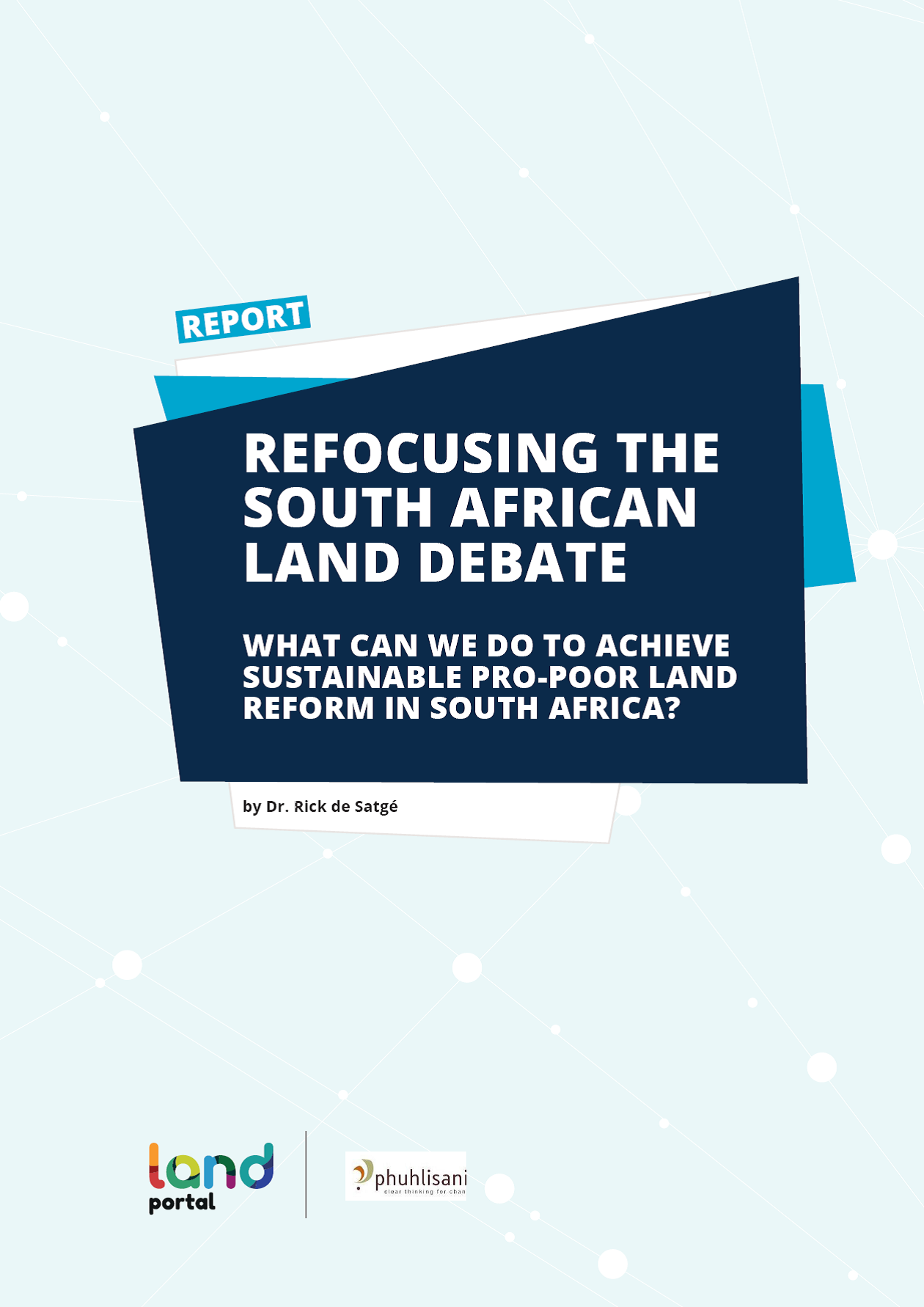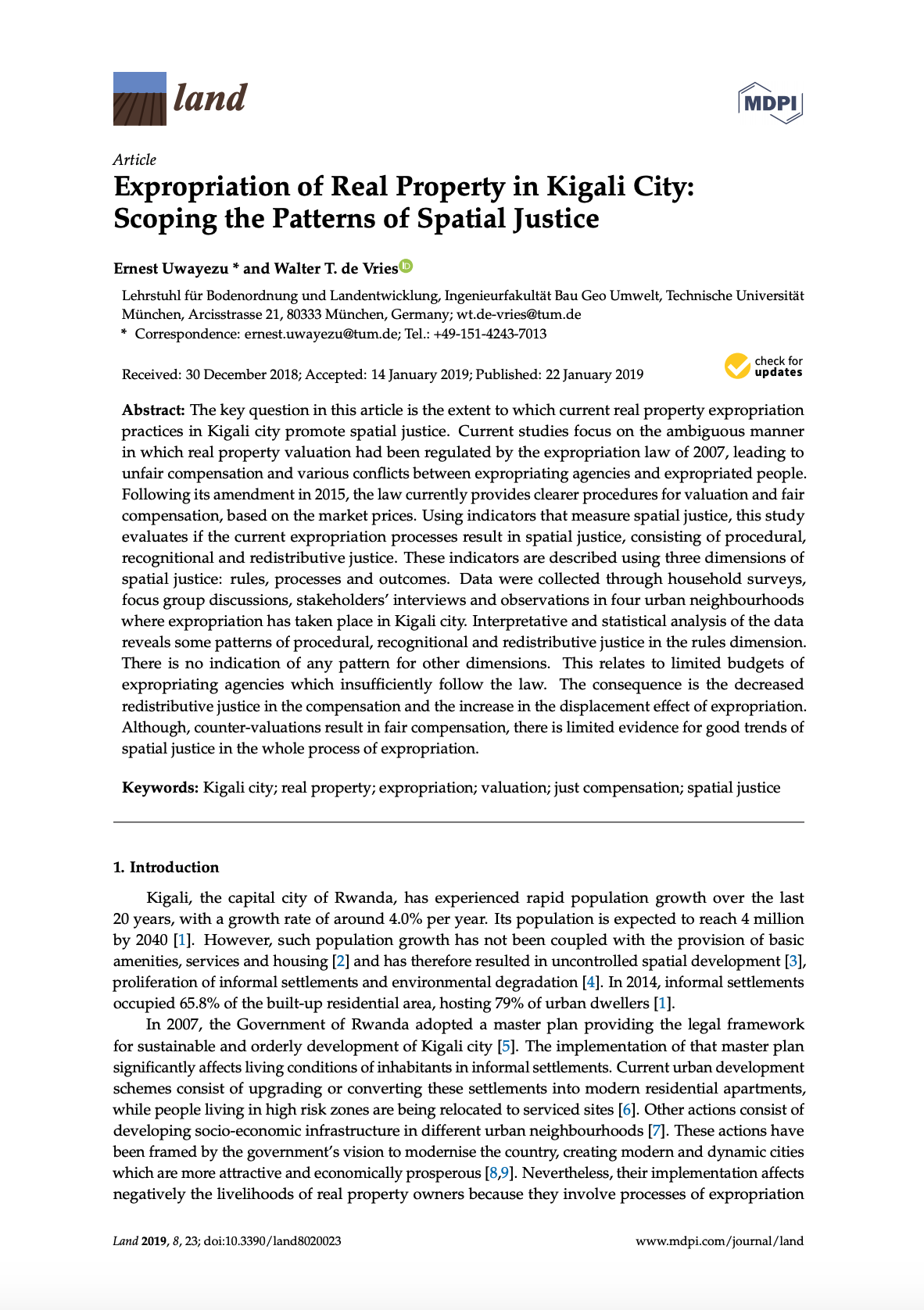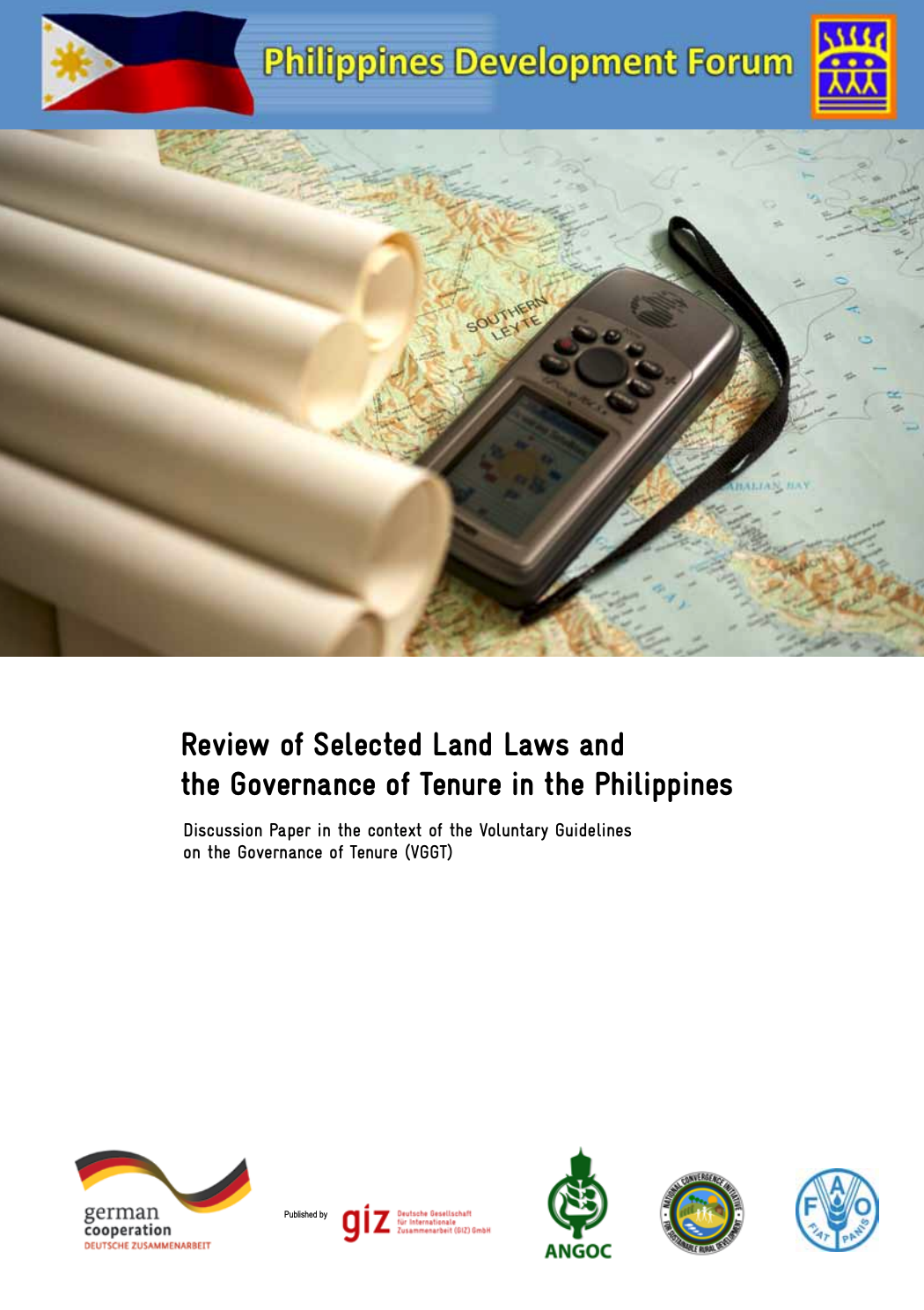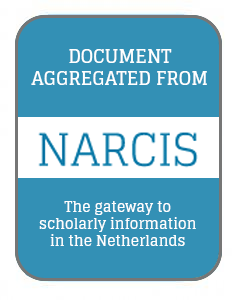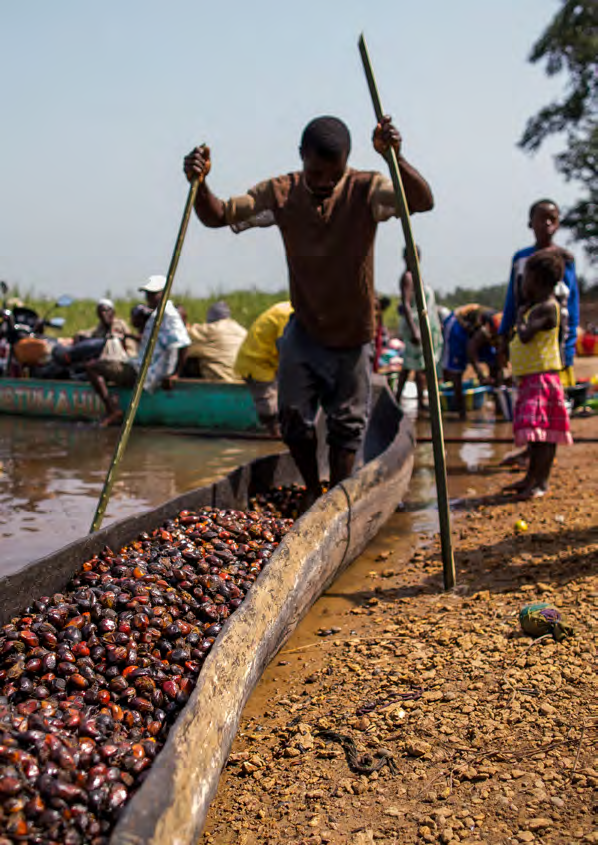La regulación de las Expropiaciones Indirectas y la Responsabilidad Patrimonial de la Administración Pública al interior del ordenamiento jurídico peruano : una aproximación desde el Derecho Internacional de las Inversiones
Los Estados a través de la suscripción de instrumentos internacionales en materias de promoción y protección de inversiones, otorgan determinados estándares de tratamiento a inversionistas (ya sean estas personas jurídicas o naturales). Sin embargo, a veces estos se ven forzados a modificar de manera sustancial el ordenamiento jurídico bajo el cual se venían desarrollando las actividades económicas de los inversionistas extranjeros.


